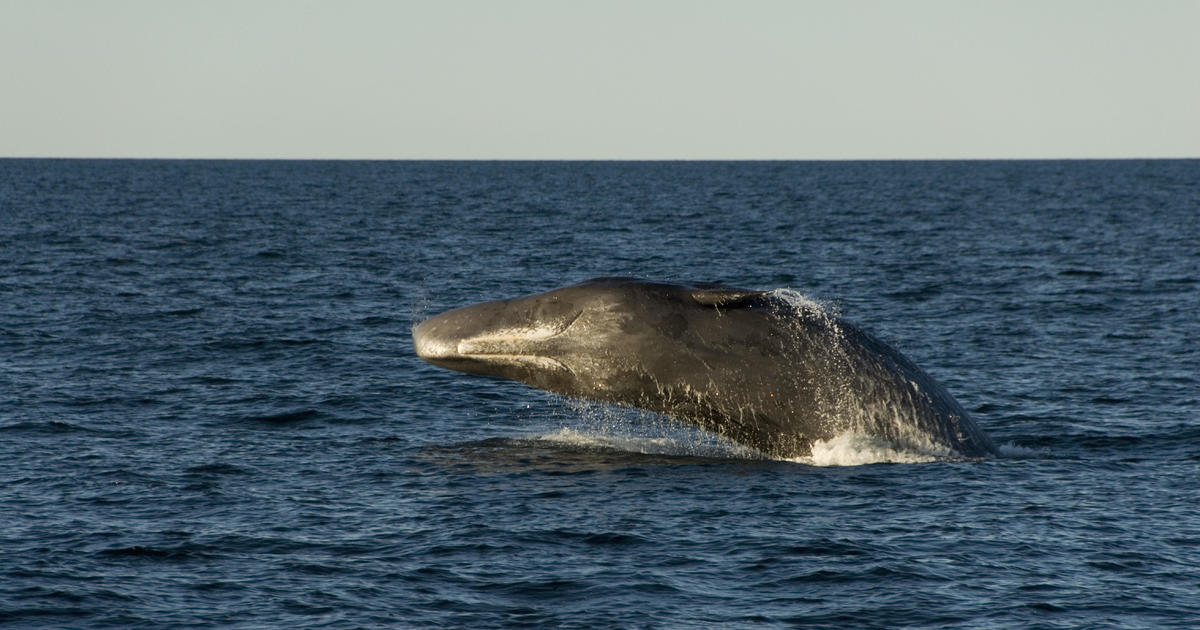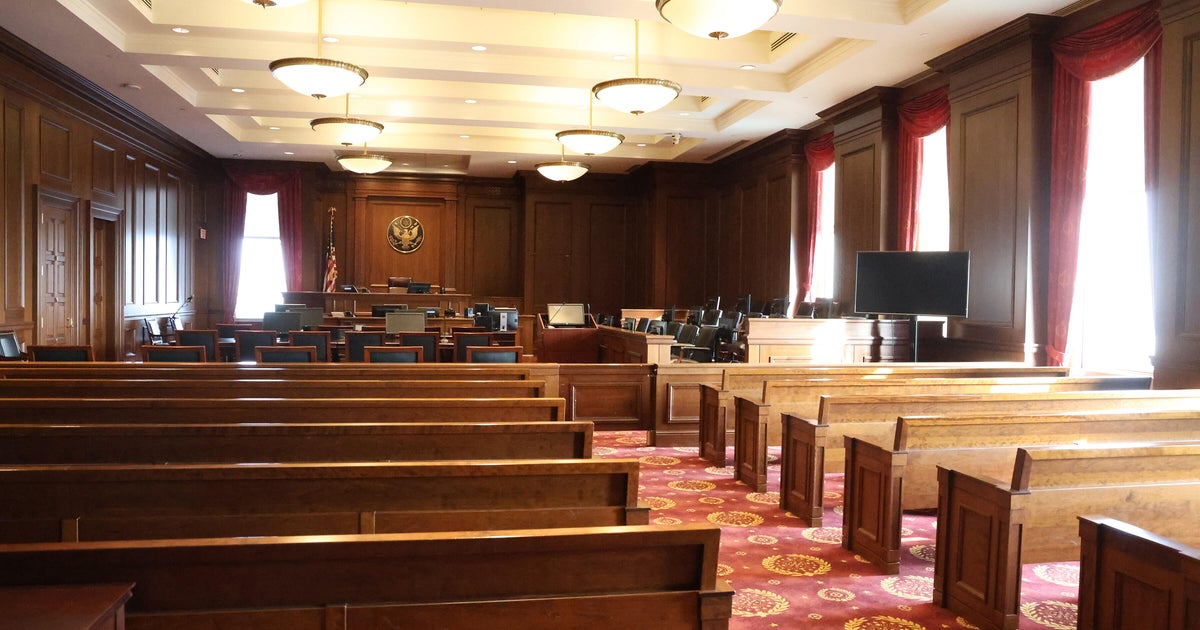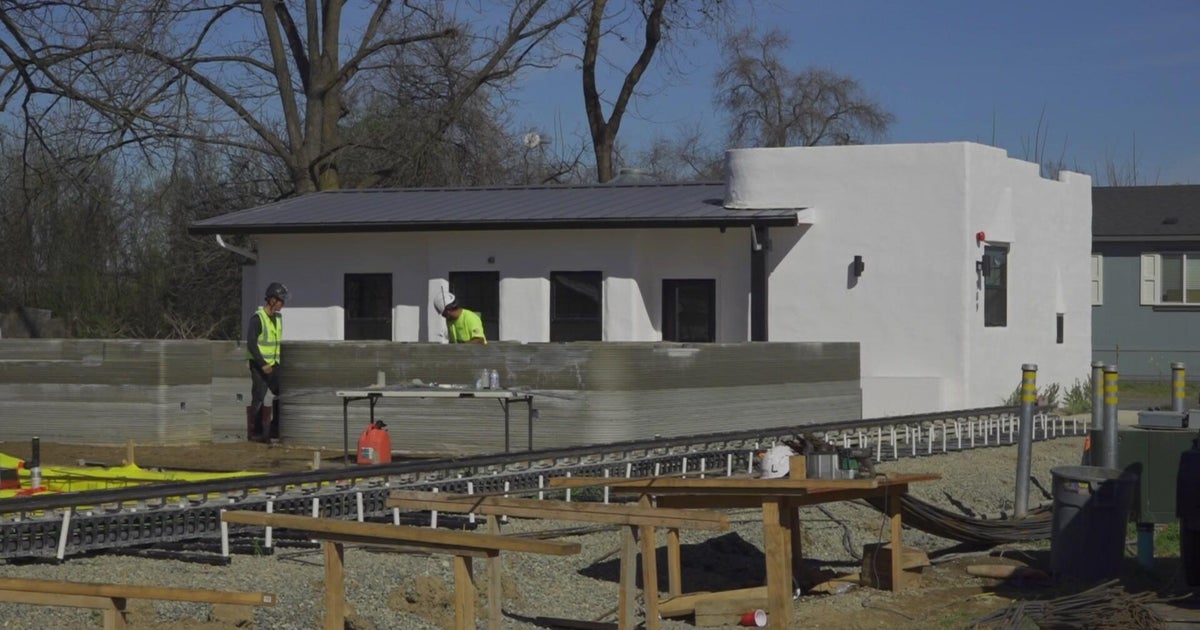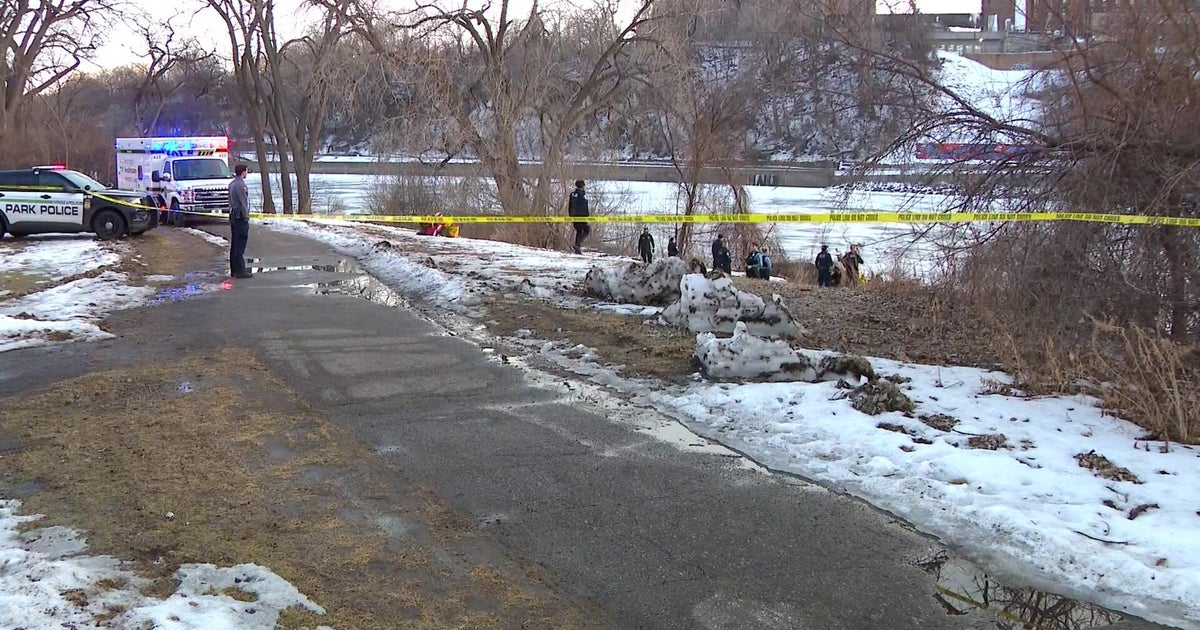Landmark Tower At Cal State East Bay To Be Imploded
HAYWARD (CBS SF) -- The loss of a building on an East Bay college campus this weekend will be science's gain.
With a major building implosion taking place at California State University, East Bay in Hayward on Saturday, U.S. Geological Survey scientists this week have been installing seismic sensors that will help them map fault lines and understand the levels of shaking in various areas around the site.
Scientists are installing nearly 600 seismometers within 1.5 miles of Warren Hall, the school's former administration building that is scheduled to be demolished by implosion around 9 a.m. Saturday, according to the USGS.
The implosion will cause an impact similar to a small earthquake and will allow scientists to use the sensors to study and map the nearby Hayward Fault and see whether it joins with any other faults below the surface, USGS officials said.
Scientists began installing the seismometers on Wednesday and are continuing to put them in various locations before Saturday's demolition, USGS research geophysicist Rufus Catchings said.
The sensors are "about the size of a beer can" and have a spike pushed into the ground to measure the difference in ground shaking in hillier areas around the site versus ones in the valley, Catchings said.
Catchings said softer sediment in valleys tends to lead to more shaking in those areas, but a very pointed peak in a hilly region can also attract heightened seismic energy.
He said since scientists know when and where the seismic energy will occur, it also "gives us the time to do a calibration on our permanent network and lets us know how well we're locating events."
Catchings said he has never known of a similar experiment taking place around a demolition site but said scientists are taking advantage because of the site's proximity to the Hayward Fault.
Large-magnitude earthquakes happen on the major fault line about every 140 years, with the last major one occurring in 1868. USGS officials say measurements from the experiment could contribute useful information for building codes and disaster mitigation planning in the area.
Because of the demolition, the CSU East Bay campus at 25800 Carlos Bee Blvd. is closing to the public at 8:30 p.m. Friday and will reopen at 6 a.m. Monday.
Warren Hall, which opened in 1971, was found by a CSU seismic review board to be the most seismically vulnerable building in the CSU system. The building has been empty for about two years, with its occupants moved to a new site on the east side of campus, school officials said.
The school is advising members of the public who want to witness the implosion to find a public place with a clear view of the building.
(Copyright 2013 by CBS San Francisco and Bay City News Service. All rights reserved. This material may not be published, broadcast, rewritten or redistributed.)







